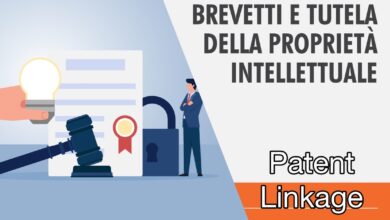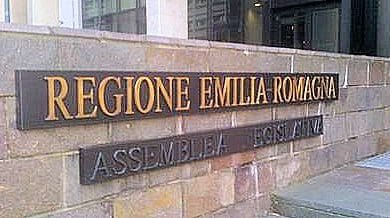
 An example? There EFPIA extension (European Federation of Pharmaceutical Industries and Associations) took home more than 50 meetings with the Juncker Commission during the first four and a half months of its mandate. The study revealsBig money and close ties behind Big Pharma's Brussels lobby efforts” (Lots of money and close ties, the lobbying efforts of the pharmaceutical industry in Brussels) edited and published by Corporate Europe Observatory, a non-profit organization whose mission is to expose the influence of lobbies on the European establishment that counts.
An example? There EFPIA extension (European Federation of Pharmaceutical Industries and Associations) took home more than 50 meetings with the Juncker Commission during the first four and a half months of its mandate. The study revealsBig money and close ties behind Big Pharma's Brussels lobby efforts” (Lots of money and close ties, the lobbying efforts of the pharmaceutical industry in Brussels) edited and published by Corporate Europe Observatory, a non-profit organization whose mission is to expose the influence of lobbies on the European establishment that counts.
The influence of the pharmaceutical lobby is capable of blurring the line that separates the legislator from those directly involved. "This almost cooperative relationship," he says Yannis Natsis from the TransAtlantic Consumer Dialogue, "emphasizes the work of the independent monitors they carry out on new drugs and their cost". Translated into practice, the pharmaceutical industry, through the intermediation of lobbies, is essentially trying to make the drug development path simpler and shorter, or moving from clinical trials to product approval by the competent bodies by cutting the "regulatory barriers” in a way that suits your business model. According to the study, this dynamic threatens the public interest on issues of access to medicines, drug costs and safety, just to name a few.
 In order to achieve its goals, large pharmaceutical companies use sophisticated methods of communication and public relations. One example is language that equates the profit-making goals of private companies with public health benefits. This happens through the ubiquitous use of terms and slogans such as “Innovation”, “Research Based on Industry Research” (although most of the research takes place in taxpayer-funded universities), and “Intellectual Property Rights“, which are not actually rights, but rather, monopoly privileges granted by governments that allow prices to rise.
In order to achieve its goals, large pharmaceutical companies use sophisticated methods of communication and public relations. One example is language that equates the profit-making goals of private companies with public health benefits. This happens through the ubiquitous use of terms and slogans such as “Innovation”, “Research Based on Industry Research” (although most of the research takes place in taxpayer-funded universities), and “Intellectual Property Rights“, which are not actually rights, but rather, monopoly privileges granted by governments that allow prices to rise.
Behind the term “Innovation”, the study specifies, hides any new drug on the market that has no additional therapeutic value compared to drugs already on the market. Thus "innovation" comes to mean the sale of new drugs, not the discovery and production of new treatments.
Related news: Lobby, Italy in the transparency classification fund: "There is no law that regulates them"
Lobby: here are the companies that influence European decisions






